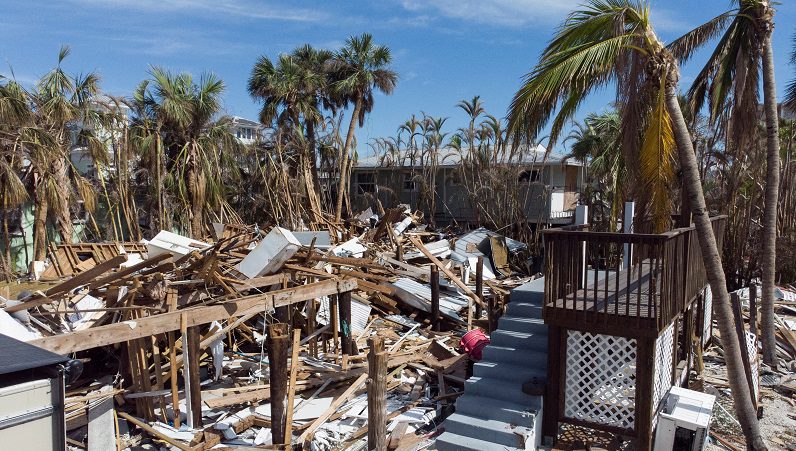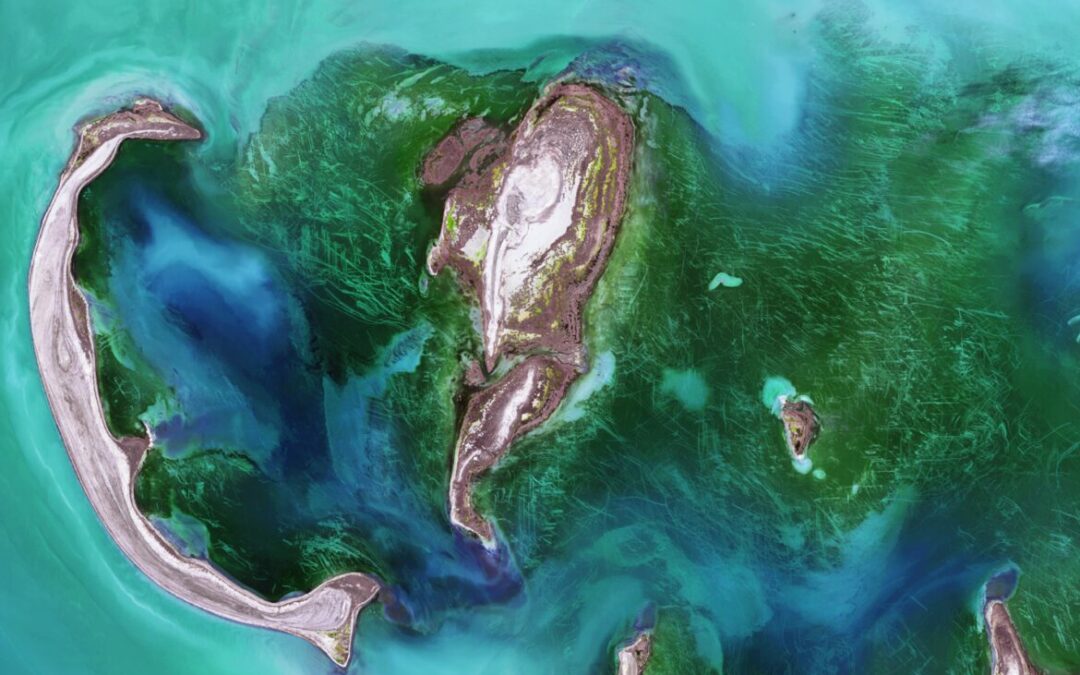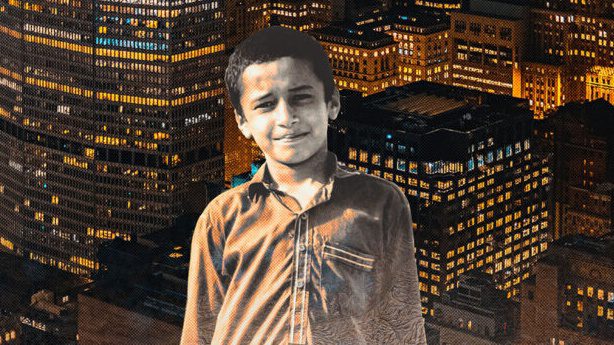by Adam Tooze in Chartbook…The denaturing of the gold standard and the emergence of the new field of monetary macroeconomics combined to pose the question of global financial leadership in a way it had never been posed before, compounding the shock of discovering that the United States was the obvious answer to that question of leadership. Basic questions of monetary governance would never again have the feeling of stark novelty they had at that moment.
The ‘perfect storm’ of climate risks that is sinking your net worth
by Andrew Behar in Impactalpha…If we don’t all wake up – as a nation – to climate risk, homeowners will soon literally and financially be underwater.
Food as you know it is about to change
by David Wallace-Wells in The New York Times…It can be tempting, in an age of apocalyptic imagination, to picture the most dire future climate scenarios: not just yield declines but mass crop failures, not just price spikes but food shortages, not just worsening hunger but mass famine. In a much hotter world, those will indeed become likelier, particularly if agricultural innovation fails to keep pace with climate change; over a 30-year time horizon, the insurer Lloyd’s recently estimated a 50 percent chance of what it called a “major” global food shock.
Why shifting from prediction to foresight can help us plan for future disruption
by Roger Spitz in World Economic Forum…As the world becomes more complex, foresight methodologies account for a greater set of possible futures.
Scenario development, a foresight methodology, is an alternative to prediction which can help map new possibilities.
Foresight may predict possible futures but more importantly, it allows for preparation.
Paraphilanthropy: Giving money its freedom papers
by Bayo Akomolafe….What addressing philanthropy’s colonial legacies asks of this moment.
The status of U.S. oil production: 2024 update everything shines by dimming
by Roger Blanchard in Resilience.org…The fact that U.S. oil production reached a very high level in 2023 and that so much of the production came from Texas made me think of the first major Texas oil bonanza
More in this category
‘In a lot of the world, the clock has hit midnight’: China is calling in loans to dozens of countries from Pakistan to Kenya
By Bernard Condon, Fortune….Poor countries have been hit with foreign currency shortages, high inflation, spikes in unemployment and widespread hunger before, but rarely like in the past year.
Global rice shortage is set to be the biggest in 20 years
There’s a strained supply of rice as a result of the ongoing war in Ukraine, as well as weather woes in rice-producing economies like China and Pakistan.
Yellen warns climate change could trigger asset value losses, harming US economy
Yellen will tell a new advisory board of academics, private sector experts and non-profits there has been a five-fold increase in the annual number of billion-dollar disasters over the past five years, compared to the 1980s, even after taking into account inflation.

How free-market extremism became America’s default mode
The book is a follow-up of sorts to the duo’s “Merchants of Doubt,” which pulled back the curtain on those who minimized the harms of tobacco, acid rain, climate change and much more.
A Bigger Boat | Frankly #26
In this Frankly, Nate shares some context about how he thinks about the recent global banking and financial market news.

The world at a turning point. Will philanthropy rise to the task of the moment? by Briggs Bomba in Alliance Magazine
In a recent statement, the IMF announced that one-third of the world economy is expected to be in recession in 2023, further adding that ‘it would feel like recession for hundreds of millions of people’, even for countries not in recession.

Global risks report 2023
Some of the risks described in this year’s report are close to a tipping point. This is the moment to act collectively, decisively and with a long-term lens to shape a pathway to a more positive, inclusive and stable world.

Davos worries about a ‘polycrisis’
Global crises are weighing on the World Economic Forum.Credit…Laurent Gillieron/EPA,

How the world bank can help save the planet
Big banks want multilateral development institutions to act like insurers, reducing the risk for private investors to finance climate-friendly projects

World economic forum warns of looming ‘polycrisis’
Covid-19 and the war in Ukraine have ushered in skyrocketing inflation and a low-growth, low-investment era, but a focus on the present could obscure the risks of longer-term threats.

Hurricanes and floods bring $120bn in insurance losses in 2022
Hurricane Ian in Florida caused a big chunk of the financial losses while floods in Pakistan, Nigeria and South Africa killed the most people

I predicted the 2008 crash – these are the global ‘megathreats’ I can see now
Life as we know it is under threat, as short-term-thinking politicians ignore the signs that point to a dystopian future

The world’s in a ‘polycrisis’ — and these countries want to quash it by looking beyond GDP
A coalition, led predominantly by women, aims to transform economies around the world to deliver shared well-being for people and the planet by 2040.

Can banks stop climate change?
Michael Northrop writes on economics and the environment–critical pieces of polycrisis work.

Wealth as territory of transition
In the US alone, about $35 trillion to $70 trillion in wealth will transfer from one generation to another in the next twenty years. Most of this wealth will move between family members in the wealthiest 0.1%. Pundits, economists, financial advisors and others are calling this the “largest generation wealth transfer in history.”

